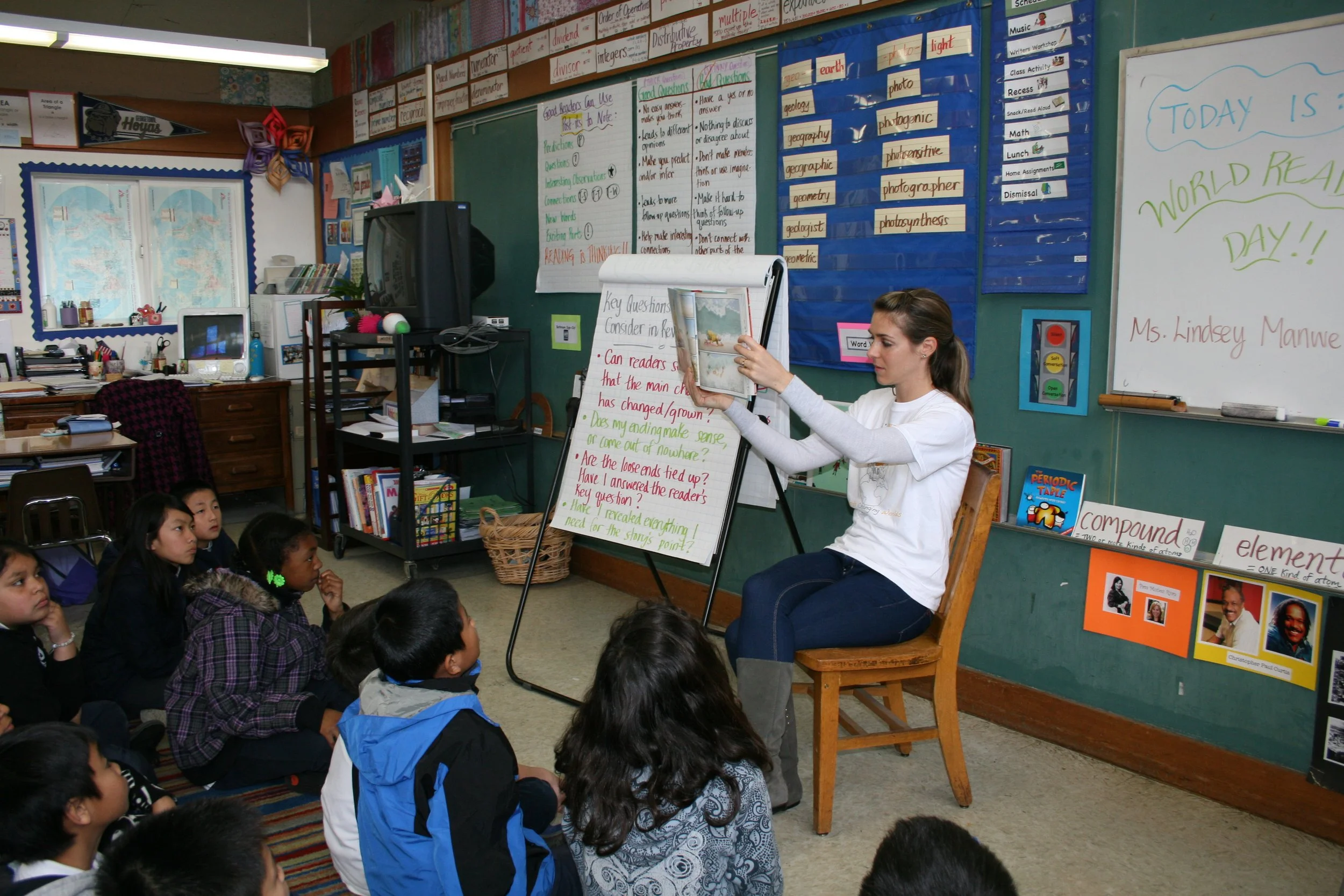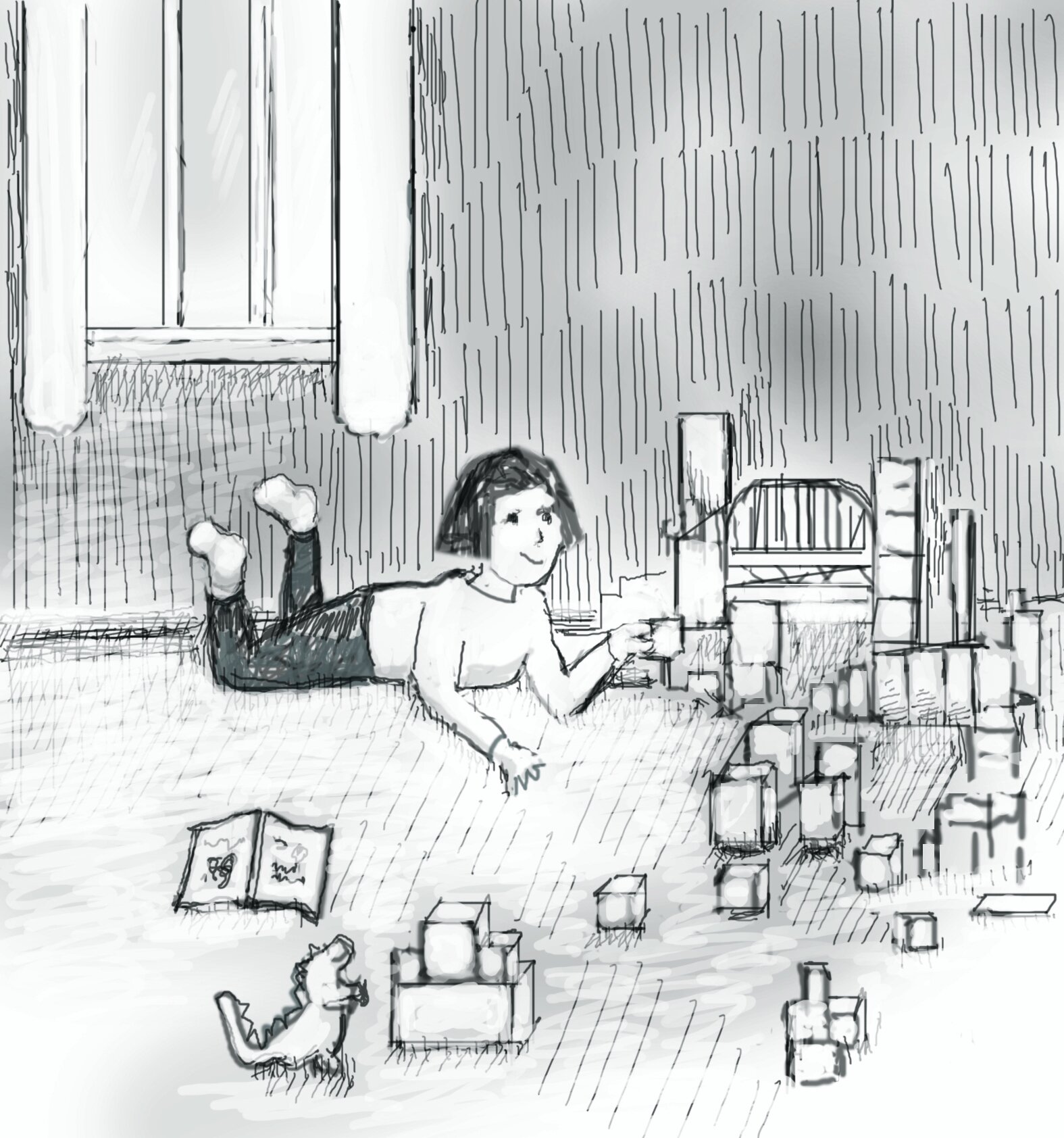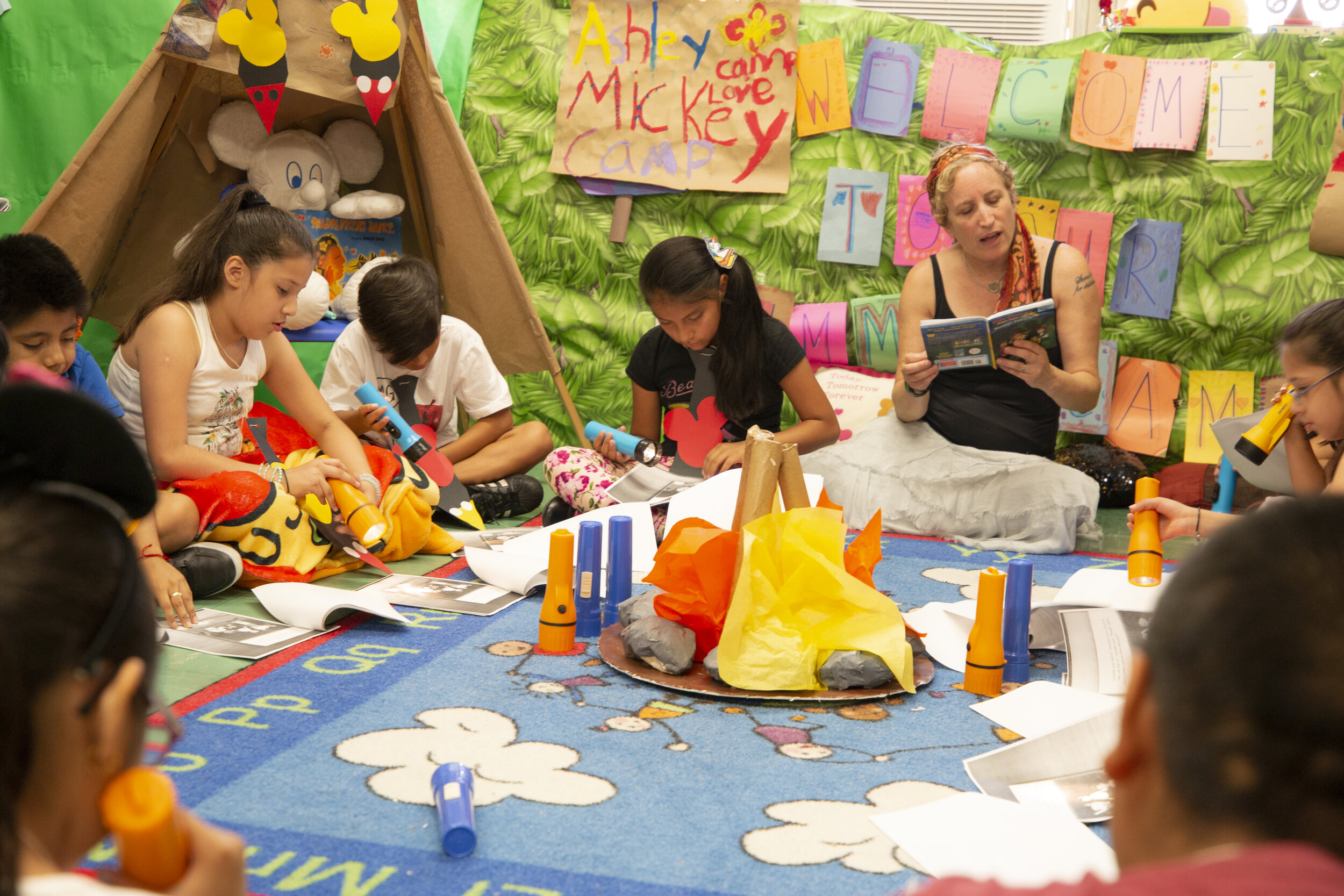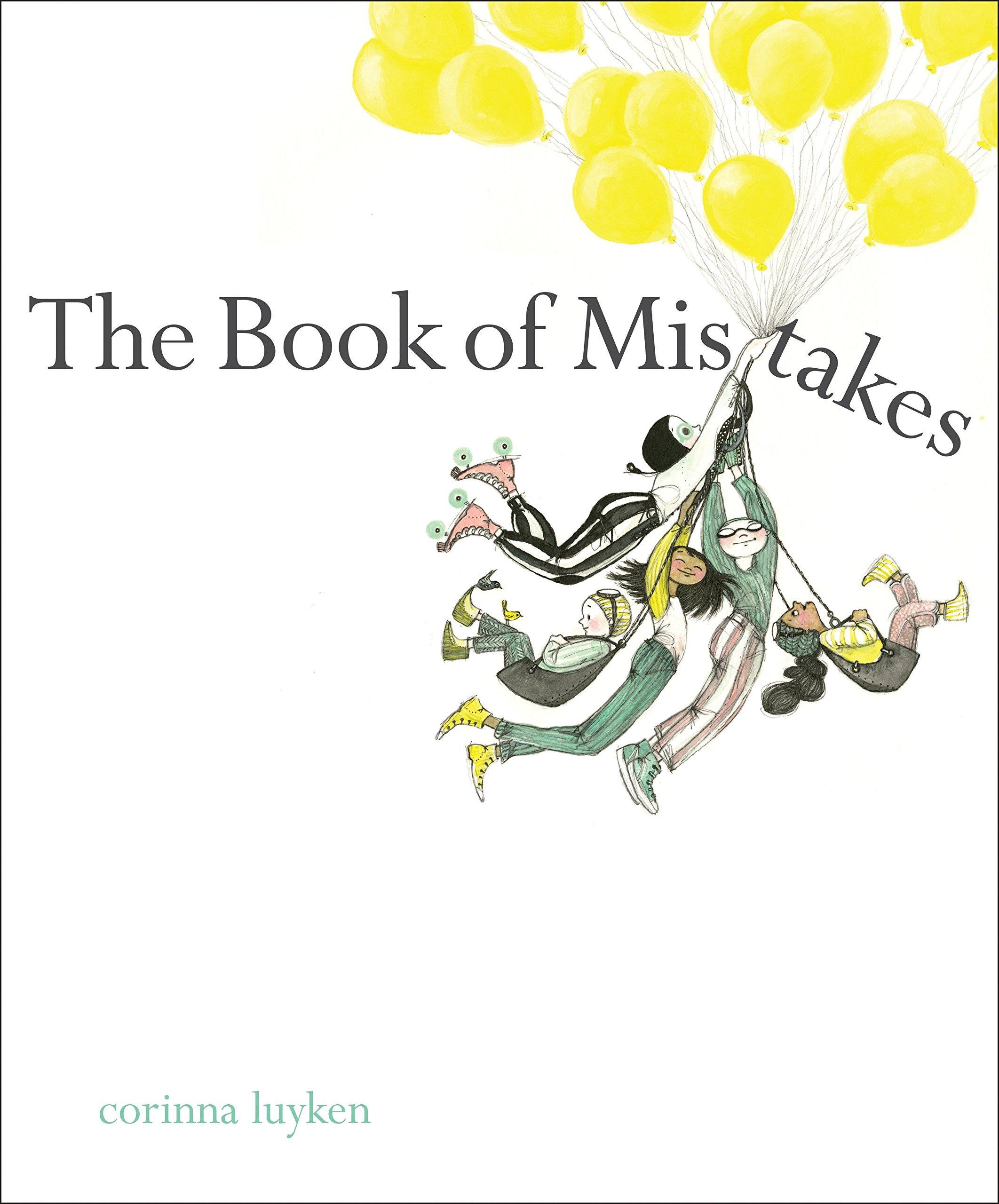Guest post by S.B. Goncarova, a.k.a. Abba of Read Aloud with Abba
Last March, when all non-essential travel ground to a halt, I found myself on the other side of a border from my two nieces, ages 3 and 5. Their mom, my sister, an elementary school teacher herself, decided to homeschool the girls, and I was eager to help anyway I could, however I could, even if that was just entertaining the kids over FaceTime to provide temporary relief so my sister could go sneak in a shower and maybe even wash her hair. The girls and I fell into a routine of calling over FaceTime for a few hours a few times a week.
I’ve been teaching early music to kids pretty much all my adult life, so invariably these calls would turn into some sort of musical game, a hybrid of the games ‘musical chairs,’ and ‘freeze.’ Of course, these would also involve a leaping over hot lava inexplicably bubbling up through the tiles of the kitchen floor.
Soon our musical games became musical adventures, centered around two heroes, coincidentally aged 3 and 5. And our adventures were not only full of hot lava, but also saber-toothed tigers, pterodactyls, and creepy caves, to the accompaniment of minor seconds, tritones and diminished sevenths and ninths.
Besides spending some fun quality time with my nieces, I also wanted to sneak in some music lessons on the sly. I myself had a very different first training in music, basically starting with thumbs on middle c and learning outward from there. But in the years I’ve spent as an adult teaching early music to children, I’ve seen the benefits of exposing kids to different aspects of music through ear training, even without them knowing it. What I’ve learned over the years is that if kids are having fun, laughing, and creating something from their imagination, they’ll spend longer at whatever they’re doing.
And the same goes for reading as it does teaching music; the more engaged kids are, the more fun they’re having, the longer they’ll spend reading and the stronger their reading skills will be. This is why, when I recorded my first set of read-aloud videos, I wanted to make it as fun as possible, with music (of course) but also with fun voices and silly sound effects. I wanted kids to stay with the book as long as possible.
Then one day, over a FaceTime call, almost a year later, my sister put on one of the chapters of my read-aloud videos on YouTube and I got to see my nieces’ reactions. They giggled, they cackled, they repeated the same chapter over and over again just to hear their favorite line over and over. They had just spent a good 25 minutes reading along with a book and not realizing where the time went.
I was grinning from ear to ear.
And when, a month later, when my sister called to report back that the girls were getting more comfortable with bigger words and more complicated sentence structures, and their everyday vocabulary was improving, I was the one dancing around in the kitchen as if the floor were flowing with hot lava.


















